The latest smartphone statistics from research firm comScore were published today, revealing Apple and Samsung to be the only two top-five manufacturers to show growth in the U.S. market.
According to the firm's MobiLens survey, Apple's iPhone built on its lead by taking 40.6 percent of all smartphone subscribers in the U.S. for the three month period ending in September. The performance is a sequential 0.7 point change from the June quarter's 39.9 percent share.
Rival handset maker Samsung also grew its user base over quarter three, jumping from 23.7 percent at the end of June to 24.9 percent in September, a change of 1.2 points. Third and fourth place HTC and Motorola saw negative growth of 1.4 percent and 0.4 percent, respectively, while fifth place LG held steady at 6 percent.
As for operating system share, Google's Android continued to lead as the number one platform in the U.S., with a 51.8 percent market share. The change is down 0.2 points quarter-to-quarter. Apple's iOS, meanwhile, retained the second place spot and gained users over the same period, as did Microsoft's Windows Phone. Apple saw a 0.7 point bump in users, while fourth place Microsoft gained 0.2 points.
Beleaguered Blackberry continued to lose marketshare and ended September with 3.8 percent of the market, down 0.6 percent sequentially. Defunct mobile platform Symbian held on the fifth place with a 0.3 percent share, unchanged from June.
Overall, comScore found 147.9 million people in the U.S. owned smartphones during the September quarter, good for a mobile market penetration of 62 percent, up 4.5 percent since June.
A few other interesting data points were offered as well. The firm ranked the top 15 mobile app properties for smartphones, finding Google sites ranked at the top with an astounding reach to 90 percent of the nation's mobile media audience. Facebook followed with 84 percent, Yahoo! apps and browsing at 82.2 percent, while Amazon came in with 65.5 percent. Top apps included Facebook, Google Play, Google search and YouTube.
Of note, the Pandora Internet radio app broke into the top five for the first time ever, reaching 49.3 percent of the market. Apple's first-party app suite ranked seventh with 44.2 percent reach, while the company's servers reached 50.8 percent of the app and web browsing audience for a fifth place finish. Cupertino's Maps app netted a 25.6 percent reach in the smartphone app audience, compared to Google Maps' 43 percent.
 AppleInsider Staff
AppleInsider Staff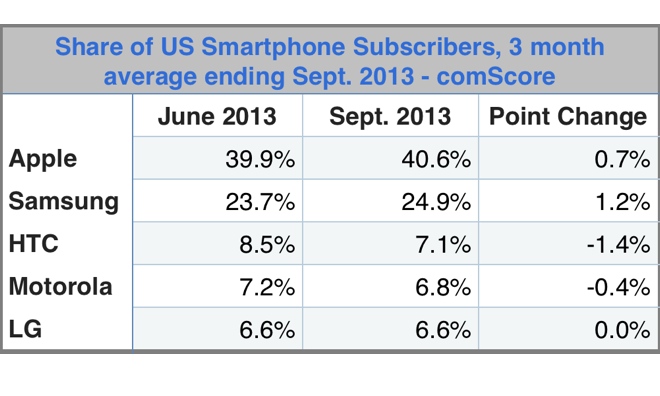
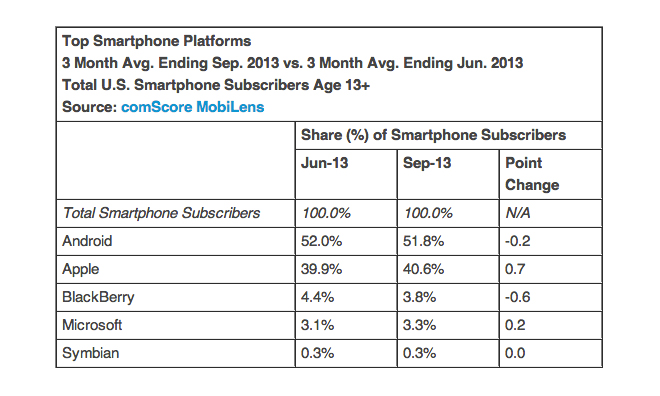
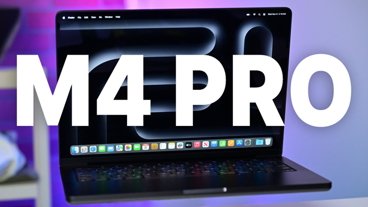

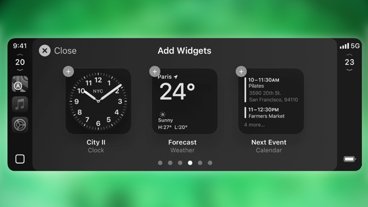


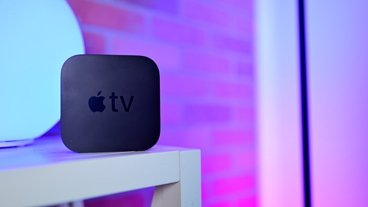
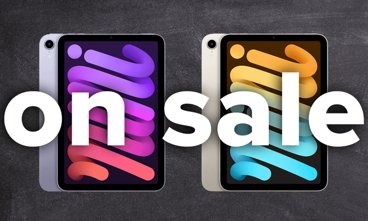
-m.jpg)





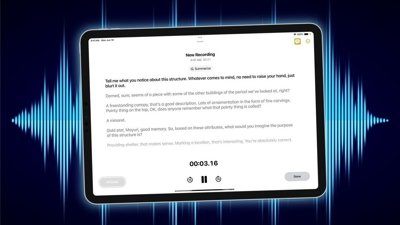
 Charles Martin
Charles Martin
 Wesley Hilliard
Wesley Hilliard
 Amber Neely
Amber Neely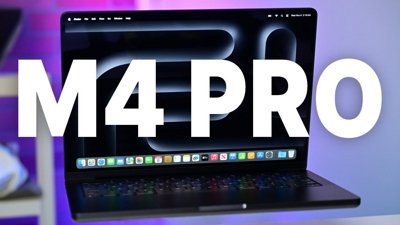
 Christine McKee
Christine McKee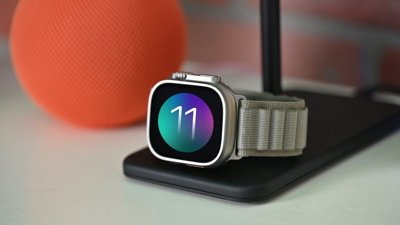
 Marko Zivkovic
Marko Zivkovic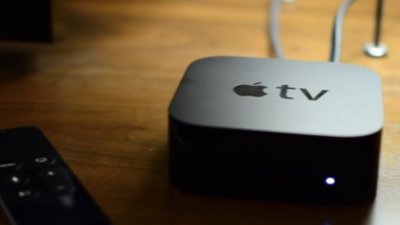
 Malcolm Owen
Malcolm Owen
 Oliver Haslam
Oliver Haslam






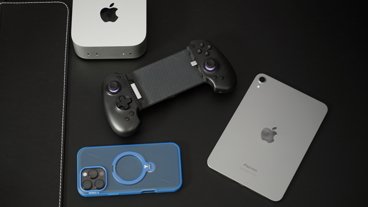

12 Comments
Dooooooommmmmm
I thought there's no growth for Apple. Wasn't that the deal for the last year?
Forget about "US Smartphone Market Share" I want to know about "US Fast Food Hamburger Market Share" where McDonalds, Burger King and Wendy's battle it out. That sounds like more fun! :)
Apple's investor problem is the fact that Apple is Apple's only OEM. Apple is constantly under a huge microscope because there is no one else to focus on. The only way for Apple to impress investors is huge numbers, constantly beating expectations (by large margins), and by innovative products.
Apple's investor problem is the fact that Apple is Apple's only OEM. Apple is constantly under a huge microscope because there is no one else to focus on. The only way for Apple to impress investors is huge numbers, constantly beating expectations (by large margins), and by innovative products.
That and the fact that Wall St. are a bunch of crooks who have no understanding of technology and only care about short term $$$.
In terms of innovative products I think Apple should build a TV provided they can convince the studios to sign up a contract with them, whereby the user can choose a package. People talk about cutting the cord, but the only way IPTV works is with an à la carte contract. Pay a little and you can choose so much, pay a lot and you get everything, but you do sign a contract. The differences this time though are that you don't pay for what you don't watch, and you have a company like Apple handing the other end of the cord - which isn't a scary thought. This is the only way it'll work: 1. Apple convinces the studios to sign up. 2. Customers can choose from a least a couple of packages. 3. Customers sign a 12 - 24 month contract.
Then Apple can make the best TV on the planet with the best TV-service, and they can finally add that iTV App Store, and they can sell you a TV at a heavily subsidised up-front cost. And I think the most sensible business move for Apple will be to: 1. Provided the same TV service for the Apple TV hockey puck which they would continue to sell. 2. Keep the App Store exclusive to iTV.